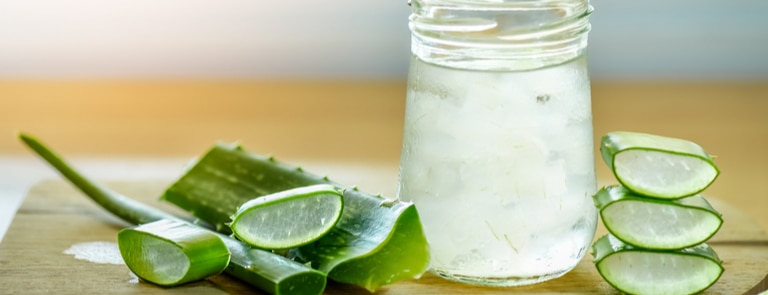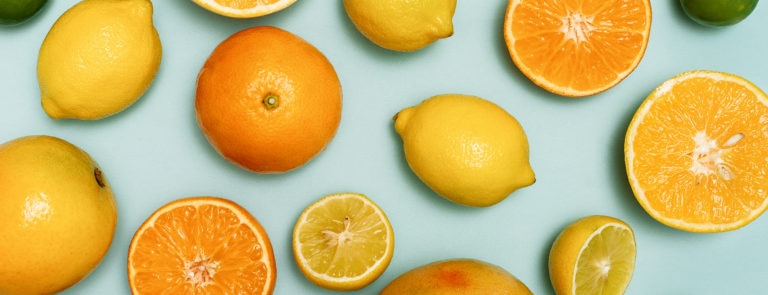10% off £35
What is pea protein powder?
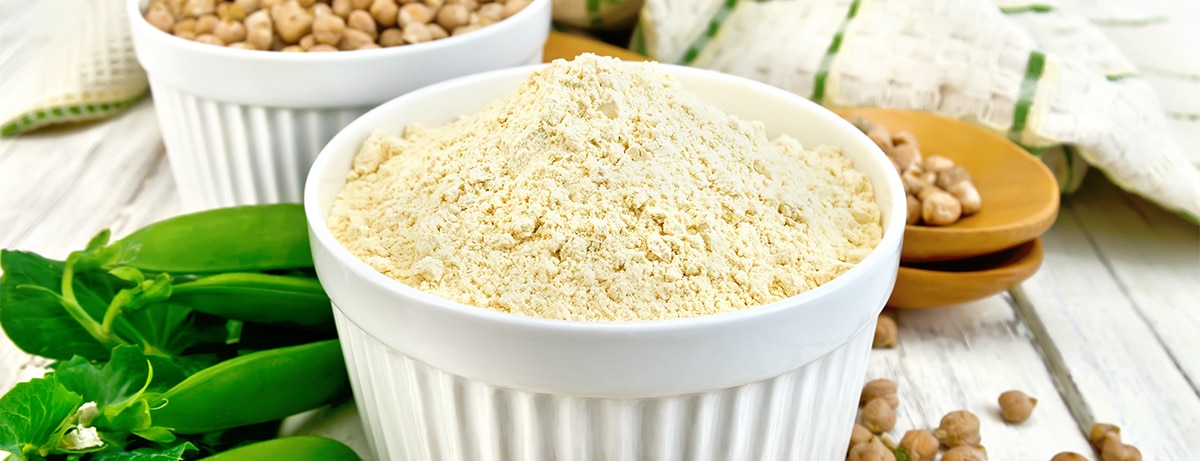
Fast becoming one of the most popular plant-based sources of protein, pea protein powder is an ideal vegan alternative for someone looking to supplement their protein intake, alongside a healthy diet and exercise.
But what is pea protein exactly? Is pea protein better than whey protein?
And, if so, what are the benefits of pea protein powder compared to other types of protein powders?
If these are the sorts of questions you want answers to, you’re in the right place. Learn everything you need to know about pea protein isolate from our detailed guide.
Skip to: What is pea protein powder? | Is it good for you? | Pea protein vs whey protein | 8 benefits | Weight gain | Effects on kidneys | 9 creative uses | Side effects | Where to buy
What is pea protein powder?
Pea protein powder is a plant-based source of protein made from (you guessed it) peas!
Derived from yellow peas specifically, pea protein is known for its high protein content, and is often used by individuals looking to increase their protein intake.
Pea protein powder is a great alternative for those who follow a vegetarian or vegan diet, as it provides a complete amino acid profile similar to animal-based proteins.
Many people incorporate pea protein powder into their post-workout shakes or smoothies, as it helps support muscle recovery and growth.
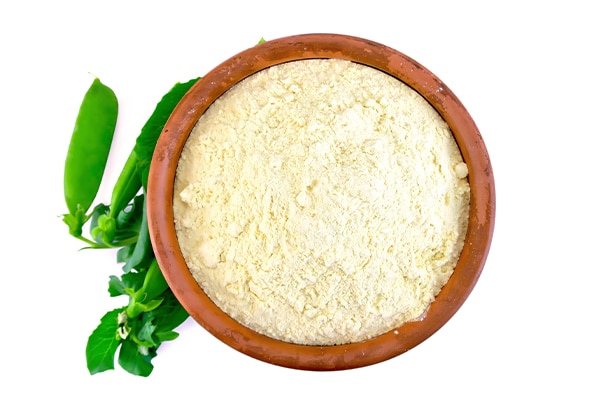

Is pea protein powder good for you?
Yes, pea protein powder is good for you and actually contains a variety of health benefits – but more on that later!
To give more of an idea of the nutritional value of protein powder, the table below highlights the nutritional information of pea protein powder:
| Calories | 113Kcal |
| Total fat | 0.5g |
| Saturated fat | 0.3g |
| Cholesterol | 5.1mg |
| Sodium | 50mg |
| Potassium | 160mg |
| Total carbohydrates | 1g |
| Protein | 25g |
Well, it depends.
It could be argued that pea protein is better than whey protein regarding certain factors like allergies, as whey protein often contains lactose and glucose whereas pea protein, and other dairy-free protein powders, do not.
Pea protein is also completely vegan, meaning this could be a more popular choice for vegetarians and vegans.
In terms of protein content, both contain a similar amount but whey protein does tend to offer a few more grams per serving.
8 pea protein benefits
Even though it’s made from plants, pea protein does contain all nine of the essential amino acids (histidine, isoleucine, leucine, lysine, methionine, phenylalanine, threonine, tryptophan and valine) that our bodies can’t make on their own.
Although it’s worth noting that it is pretty low in methionine.2
If you’re on a vegan diet, good news! Pea protein is vegan, so you can get your ‘ve-gains’ without having to consume animal products!
In a similar vein, pea protein is naturally hypoallergenic in comparison to a lot of other protein powders like soy and whey varieties.
It also doesn’t contain any gluten making it a good source of protein in a gluten-free diet.
Another benefit of pea protein is that it is easier for the stomach to digest.
This is because the stomach breaks it down into small particles in vitro, in contrast to casein proteins which dissolve.3
It could also be argued that due to its hypoallergenic properties, pea protein powder could be easier to digest for people with sensitive stomachs or dietary requirements.
Pea protein, unlike other forms of protein, releases the ghrelin hormone which normally increases appetite, but it also brings about the release of growth hormones which help to break down fat tissue and build and tone muscle at the same time.4,5
Another nutritional benefit of pea protein powder is that it is rich in iron.
An average serving of protein powder contains roughly between 25% to 30% of the daily recommended intake of iron for adults.6
Within the health and fitness industry, it’s no secret that protein is the most filling macronutrient compared to carbohydrates and fat.7
One study in particular highlighted that consuming just 20g of pea protein powder half an hour before eating pizza lowered the average amount of calories that were consumed by approximately 12%.8
Pea protein has also been studied in relation to heart health.
Specifically, animal studies have explored how it can reduce cholesterol levels by increasing the uptake of cholesterol into the cells while also reducing the production level of fats.9,10
How much pea protein powder should you have?
Each serving of pea protein powder is roughly 30g, and it can be consumed up to three times a day if under an intensive training schedule.11
9 uses of pea protein powder
9 uses of pea protein powder
Fortunately, pea protein powder, like many other types of protein, can be used in a variety of different ways other than a pea protein shake.
Pea protein powder can also be used in baking recipes as a substitute for traditional flour, adding a boost of protein to various dishes.
Here are some creative uses of pea protein (where you only have to add a scoop to the recipe) that you could try:
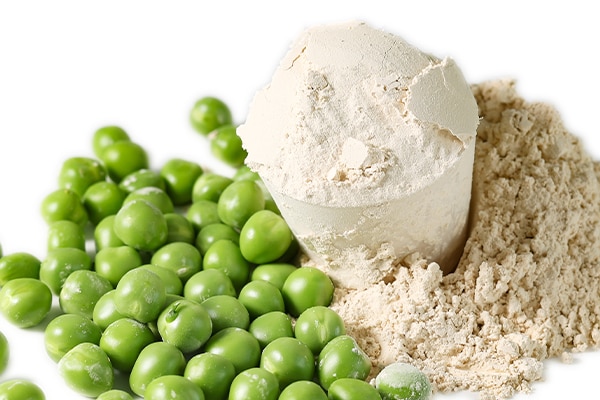

Does pea protein make you gain weight?
Most foods or drinks when overconsumed can make you gain weight – especially if it means you’re in a calorie surplus.
However, pea protein is comparatively lower in calories than some other forms of protein, such as whey protein, so it may actually be a good choice if you’re looking to lose weight.
Additionally, we previously highlighted how it can actually help to build muscle and burn fat, so it’s important to remember that it may make the number on the scales go up, but that could be because muscle weighs more than fat.
Any type of high protein diet isn’t recommended for people with pre-existing kidney issues. However, there is no evidence to suggest that protein could cause kidney damage in people with healthy kidneys.12,13
Pea protein is actually one of the lowest risk protein powders since it’s allergen-free, but that doesn’t mean to say that it couldn’t cause some side effects in individuals.
For example, some people may experience mild digestive upset, but this is far less common compared to other forms of protein.
Is pea protein powder suitable for everyone?
Is pea protein powder suitable for everyone?
Generally speaking, pea protein powder is pretty well tolerated and has little to no reported side effects.
However as high levels of protein could cause issues for people with kidney problems, it’s best to seek the advice of your GP before trying pea protein.
Some people may also have dietary requirements which mean they cannot tolerate high levels of protein, such as Phenylketonuria14. Always check with your GP before beginning to take any kind of supplements.
Pea protein can also be relatively high in sodium, with products containing around 110-390mg per serving – so people on a sodium restricted diet should be mindful of their intake.
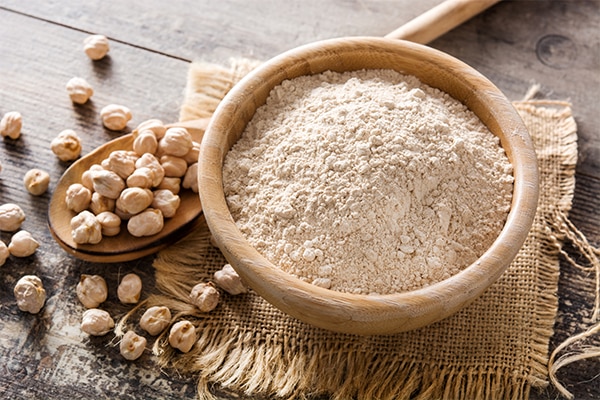

Where to buy pea protein from
Fancy giving pea protein a go but you’re not sure where to get it from?
Holland & Barrett stock a range of pea protein powder, such as Pulsin Pea Protein.
Nowadays, pea protein is a lot easier to get your hands on as there is plenty of vegan alternatives on the market.
There may be limited choice at a supermarket, but most health food shops should stock a range of protein powders, including pea protein.
Pea protein is a great plant-based alternative to whey protein whether you’re vegan or not.
And as well as being a high-quality source of protein, it also comes with a range of other benefits from being allergen-free to being rich in iron.
For more information on vegan protein powders, our informative guide has you covered.
- https://www.nutritionix.com/food/pea-protein
- https://www.ncbi.nlm.nih.gov/pubmed/11712241
- https://www.ncbi.nlm.nih.gov/pmc/articles/PMC4400298/
- https://www.ncbi.nlm.nih.gov/pmc/articles/PMC4400298/
- https://www.yourhormones.info/hormones/ghrelin/
- https://www.nhs.uk/conditions/vitamins-and-minerals/iron/
- https://www.ncbi.nlm.nih.gov/pubmed/9748094
- https://www.ncbi.nlm.nih.gov/pubmed/22916818
- https://www.ncbi.nlm.nih.gov/pubmed/20077421
- https://www.ncbi.nlm.nih.gov/pubmed/19012614
- https://www.peacehealth.org/medical-topics/id/hn-10013796#hn-10013796-dosage-side-effects
- https://www.ncbi.nlm.nih.gov/pubmed/20711407
- https://www.ncbi.nlm.nih.gov/pubmed/14522731
- https://www.nhs.uk/conditions/phenylketonuria/
